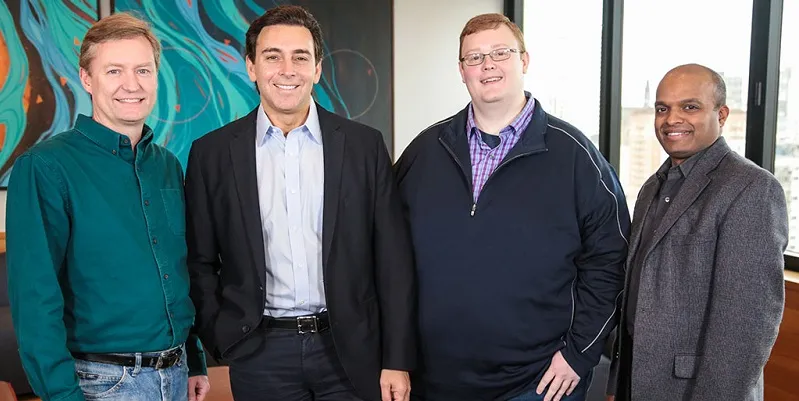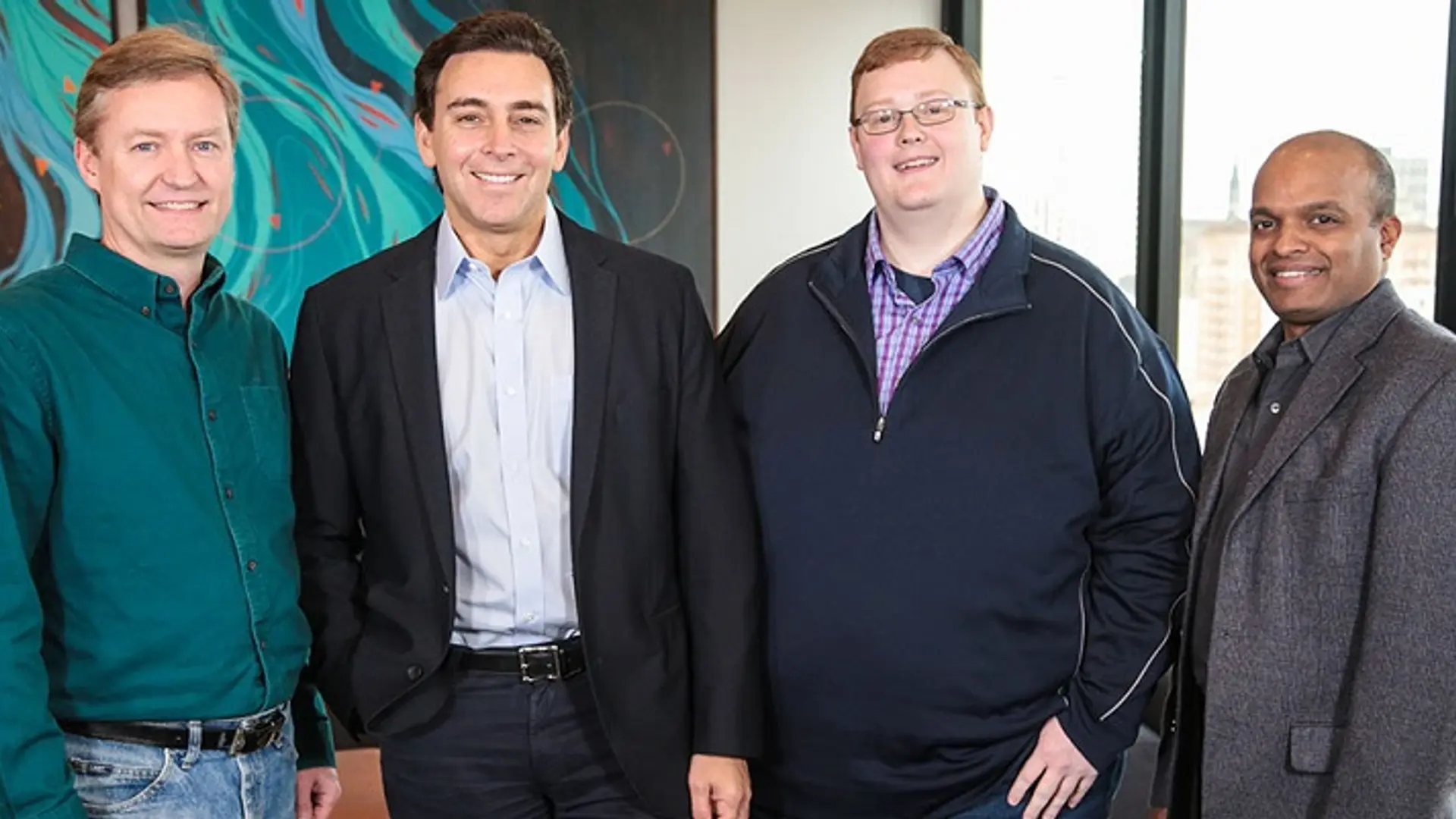Ford to invest $1B in Argo AI, to take on Tesla, Uber in autonomous vehicle race
Ford Motor Company on Saturday announced that it would be investing $1 billion during the next five years in Argo AI, an artificial intelligence company, to develop a virtual driver system for the company's autonomous vehicle. Argo AI’s initial focus will be to support Ford’s autonomous vehicle development and production efforts. In the future, Argo AI could license its technology to other companies and sectors looking for autonomous capability. Ford intends to have a fully autonomous, SAE level 4-capable vehicle for commercial application in mobility services in 2021.

Story so far
Founded by Bryan Salesky (the company's CEO), and Peter Rander (COO), Argo AI has brought together an experienced team of roboticists and engineers working in autonomy from inside and outside of Ford. Salesky and Rander are alumni of Carnegie Mellon National Robotics Engineering Center and former leaders on the self-driving car teams of Google and Uber, respectively. Ford President and CEO Mark Fields noted,
The next decade will be defined by the automation of the automobile, and autonomous vehicles will have as significant an impact on society as Ford’s moving assembly line did 100 years ago.
The current team developing Ford’s virtual driver system – the machine-learning software that acts as the brain of autonomous vehicles – will be combined with the robotics talent and expertise of Argo AI. This partnership will work to deliver the virtual driver system for Ford’s SAE level 4 self-driving vehicles.
Ford will continue to lead on development of its purpose-built autonomous vehicle hardware platform, as well as on systems integration, manufacturing, exterior and interior design, and regulatory policy management.Argo AI will join forces with Ford’s autonomous vehicle software development effort to strengthen the commercialisation of self-driving vehicles. Salesky said,
We are at an inflection point in using artificial intelligence in a wide range of applications, and the successful deployment of self-driving cars will fundamentally change how people and goods move.
Also complementing the relationship will be Ford Smart Mobility LLC, which will lead on the commercialisation strategy for Ford’s self-driving vehicles. This includes choices for using autonomous vehicles to move goods and people, such as ride-sharing, ride hailing or package delivery fleets.
Competitive advantage over Tesla and Uber?
“Working together with Argo AI gives Ford a distinct competitive advantage at the intersection of the automotive and technology industries,” said Raj Nair, Ford executive VP, Global Product Development, and Chief Technical Officer. He also noted that partnership allows them to benefit from combining the speed of a startup with Ford’s strengths in scaling technology, systems integration and vehicle design.
The autonomous vehicle sector though is seeing a lot of activity with both legacy players and new-age startups looking to get a heads up on the competition. Elon Musk's Tesla is also one of the most formidable players in this space. While many of Tesla vehicles had cruise control and autopilot modes, the Palo Alto headquartered company announced in October 2016 that all it vehicles would have full self-driving hardware. While they have achieved partial-autonomy Musk noted in his 'Master Plan Part 2' that he aims to develop self-driving capabilities that are 10x safer than manual transport. Automaker Daimler is an investor in Tesla.
In August 2016, after much speculation Uber officially announced its entry into the self-driving space by acquiring tech startup Otto and also partnering with Volvo. Then in October 2016, Otto successfully made the world’s first shipment by a self-driving truck by delivering 51,744 beers and travelling un-assisted for 120-miles. According to a recent report from CB Insights, as many as 33 global corporations including tech giants like Apple and Google and car makers like BMW and Audi are working on autonomous vehicles.
Terms of the agreement
As a part of the deal, Ford will be the majority stakeholder in Argo AI. But Ford notes that Argo AI been structured to operate with substantial independence. Its employees will have significant equity participation in the company, enabling them to share in its success. Argo AI’s board will have five members: Nair; John Casesa, Ford group vice president, Global Strategy; Salesky; Rander; and an independent director.
The $1-billion investment in Argo AI will be made over five years and is consistent with the autonomous vehicle capital allocation plan shared last September as part of Ford Investor Day. By the end of this year, Argo AI expects to have more than 200 team members, based in the company’s Pittsburgh headquarters and at major sites in Southeastern Michigan and the Bay Area of California.







